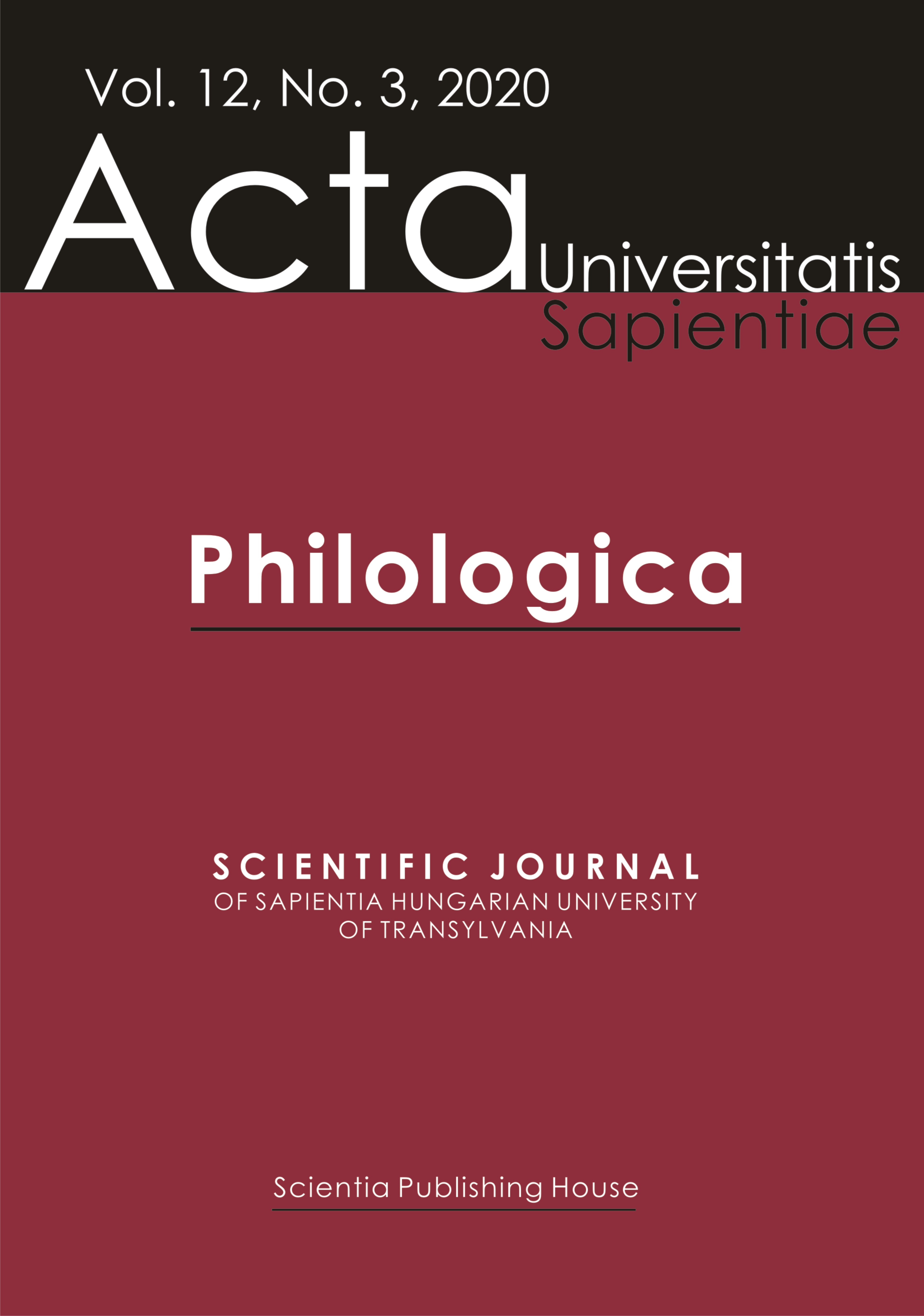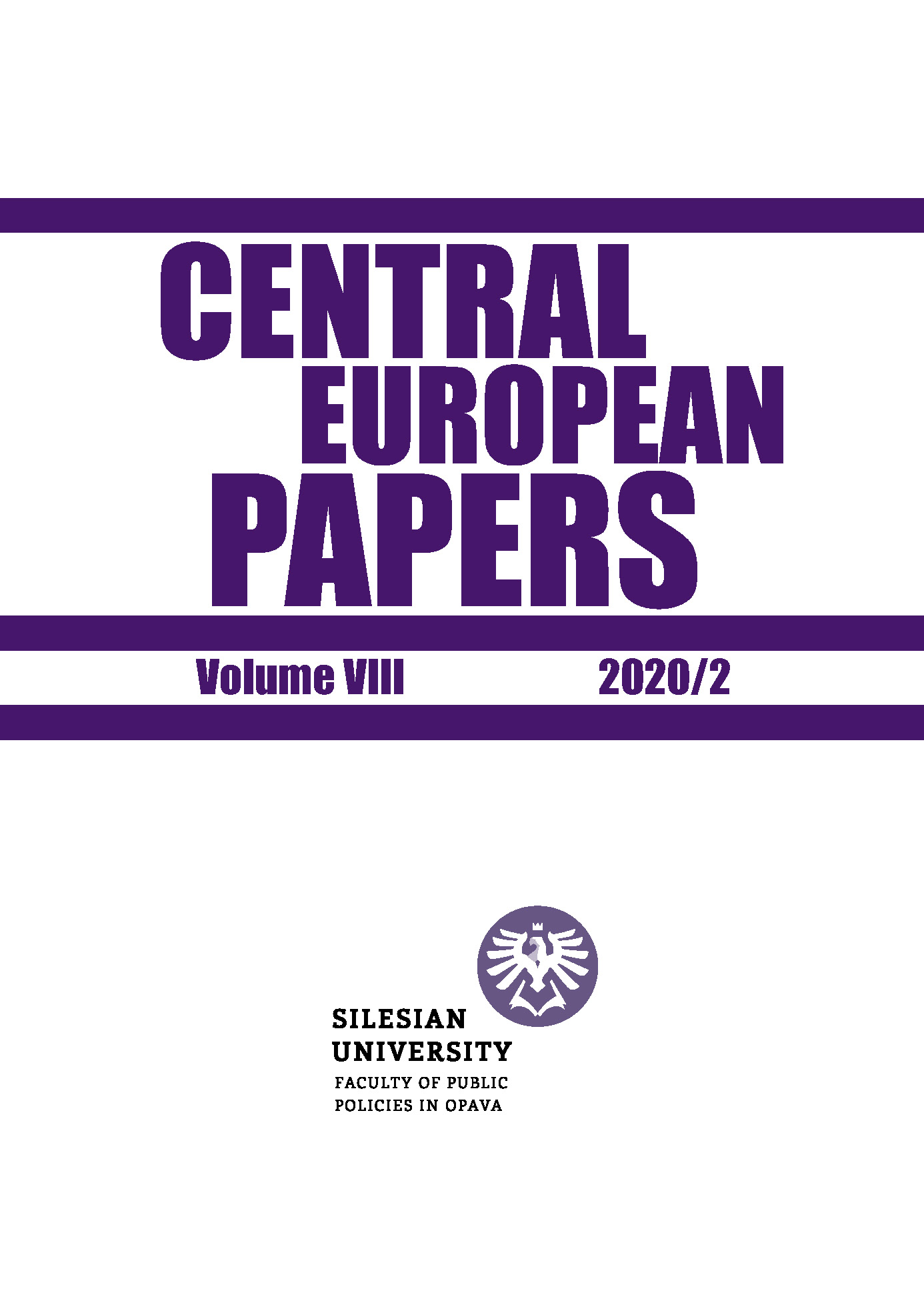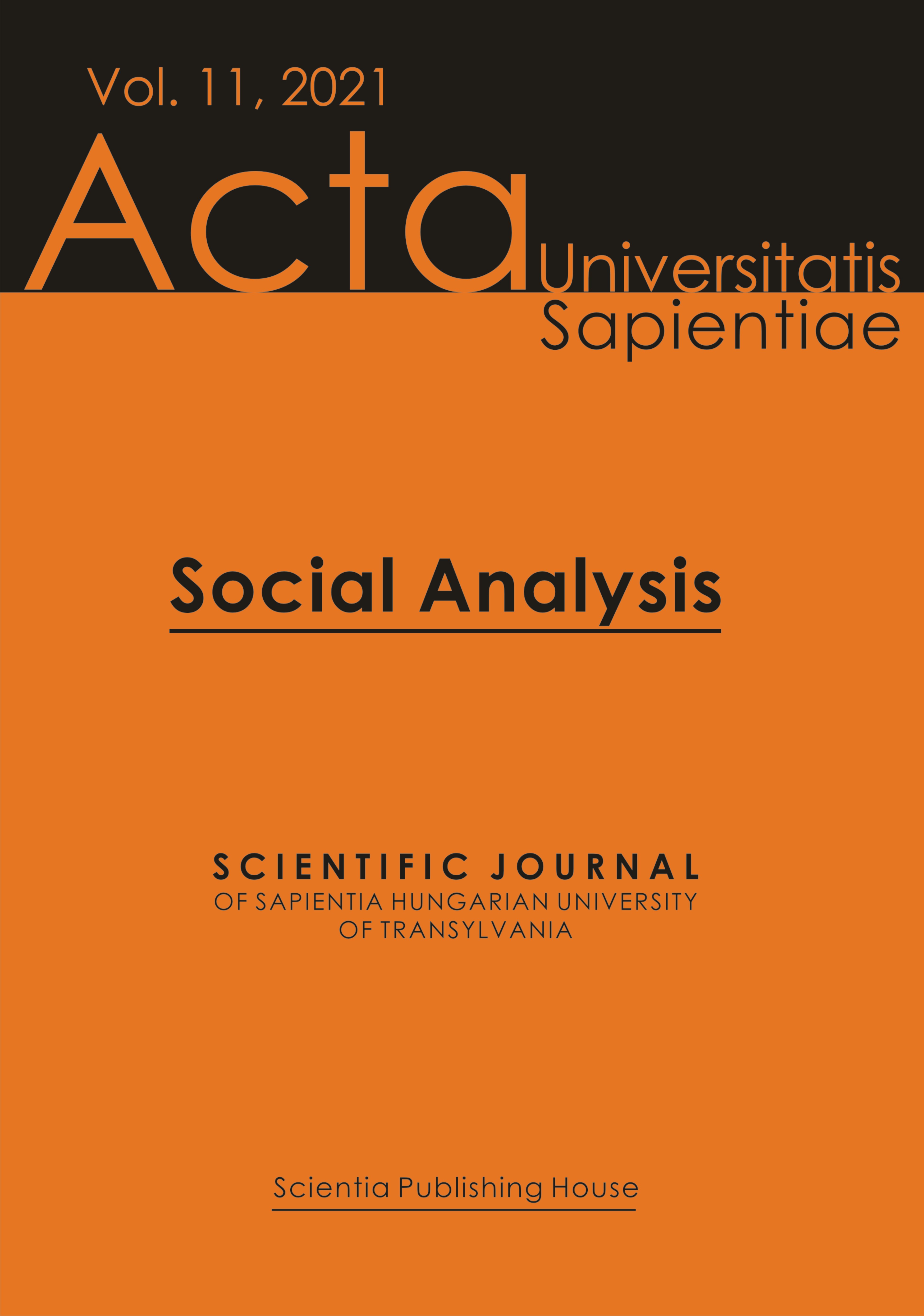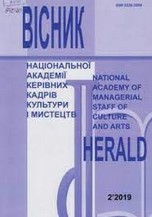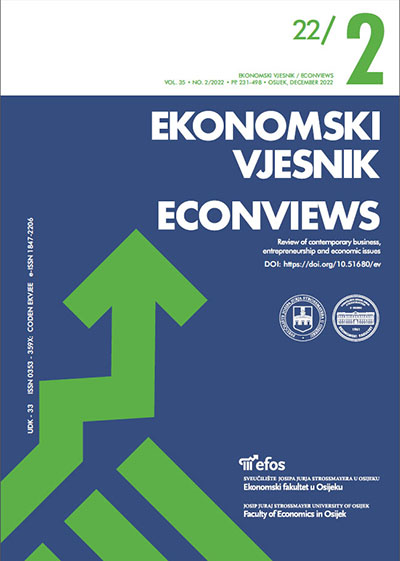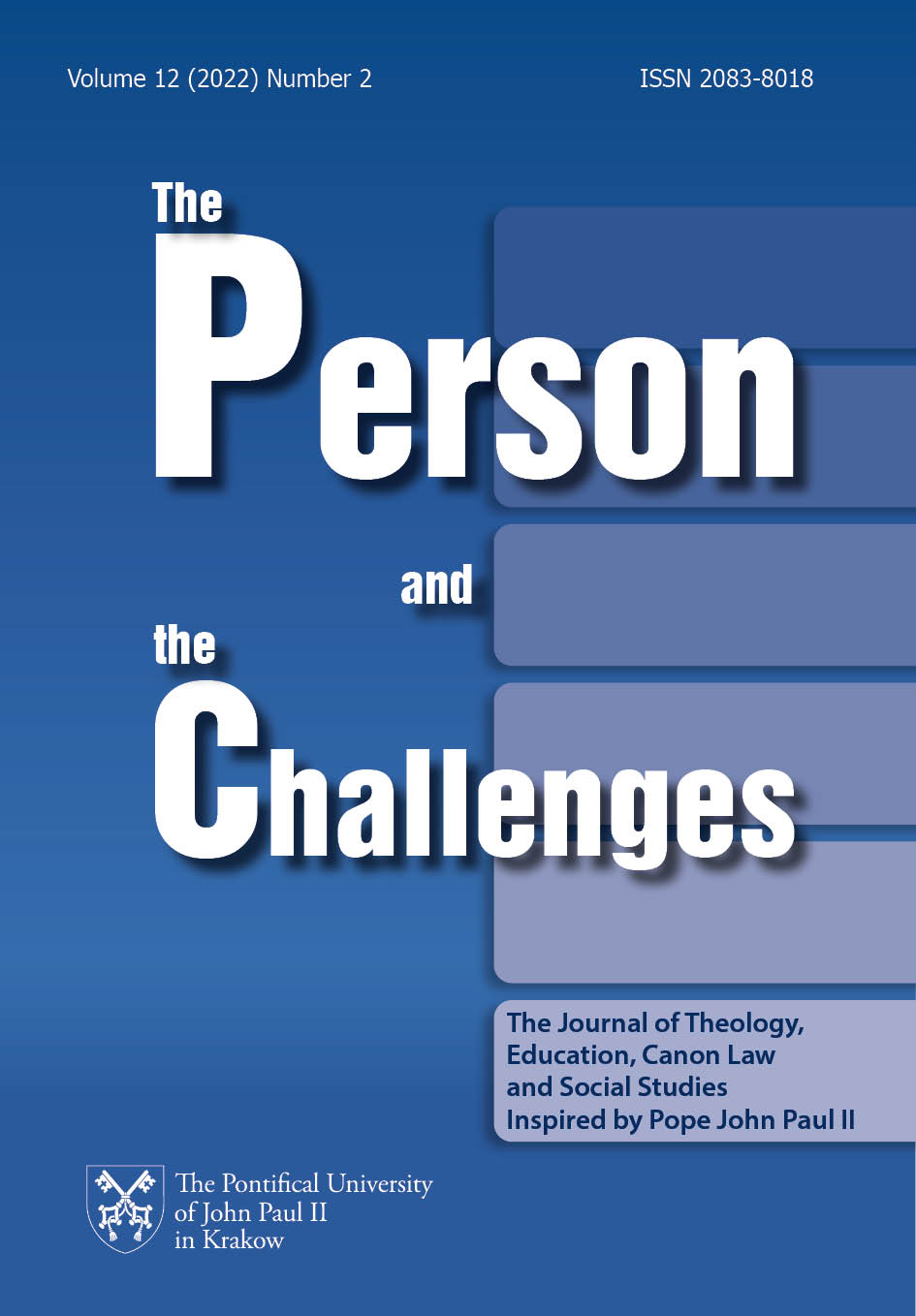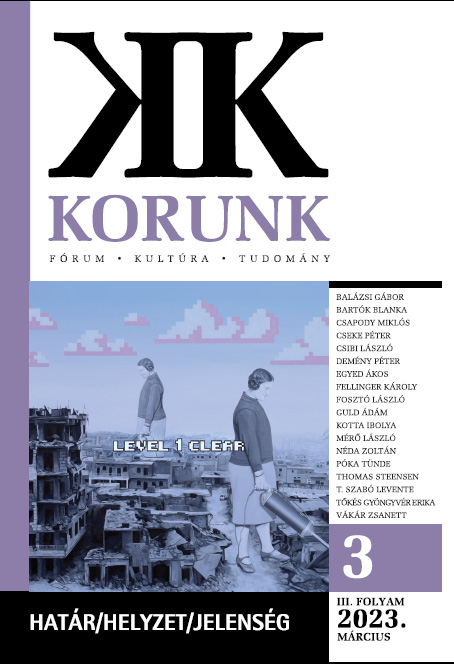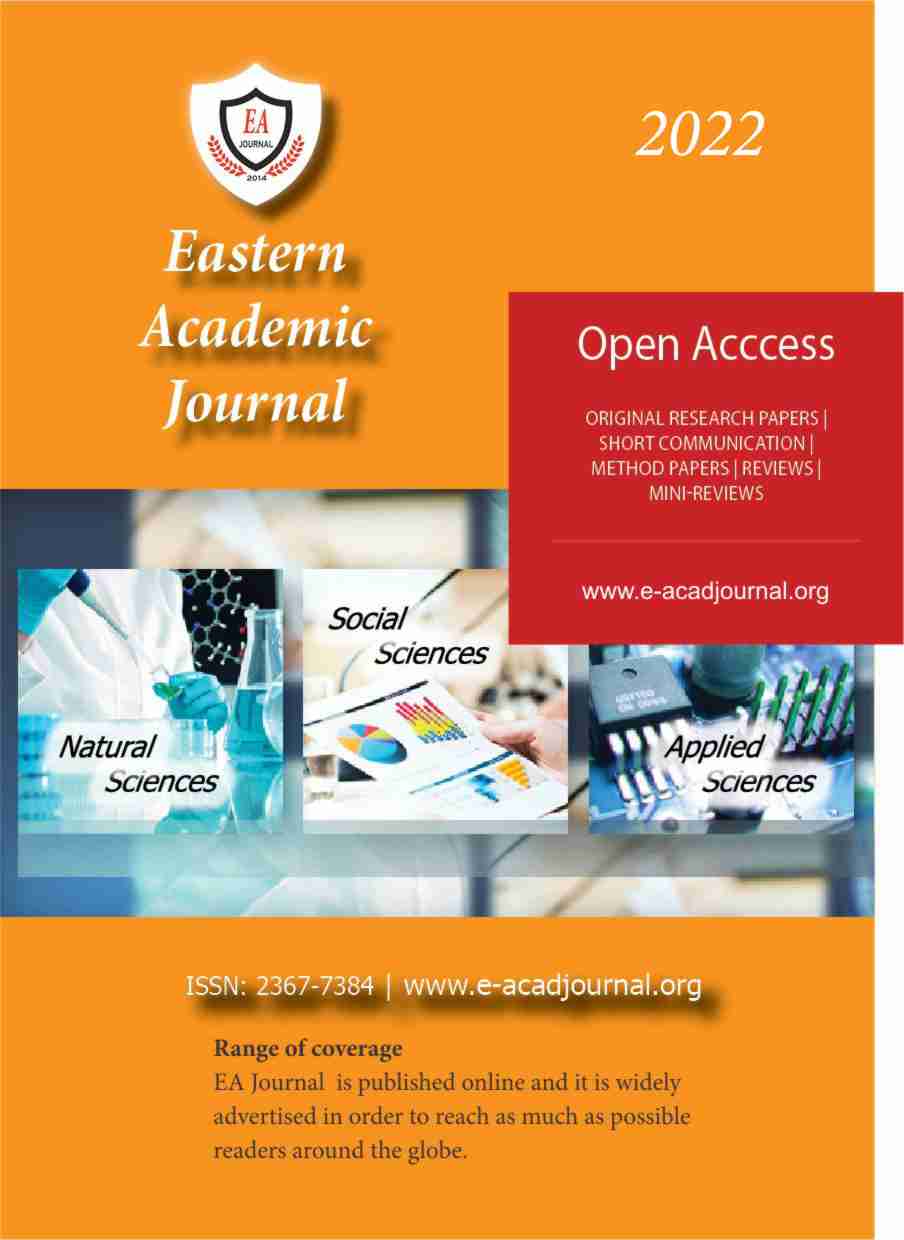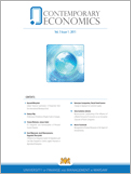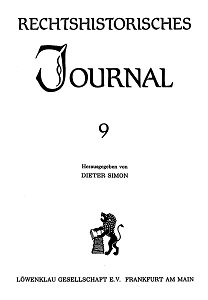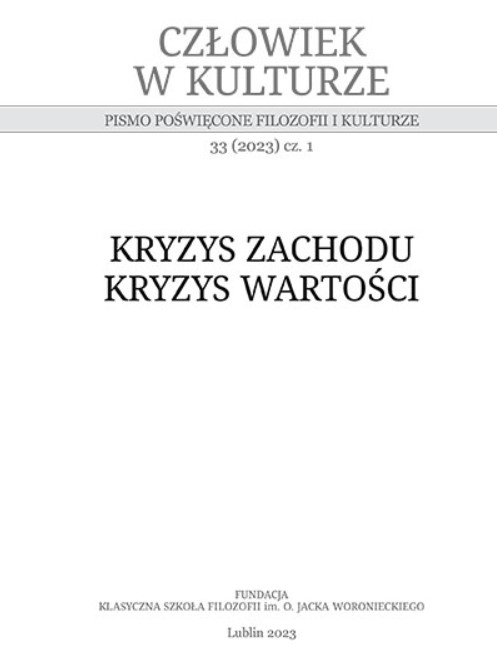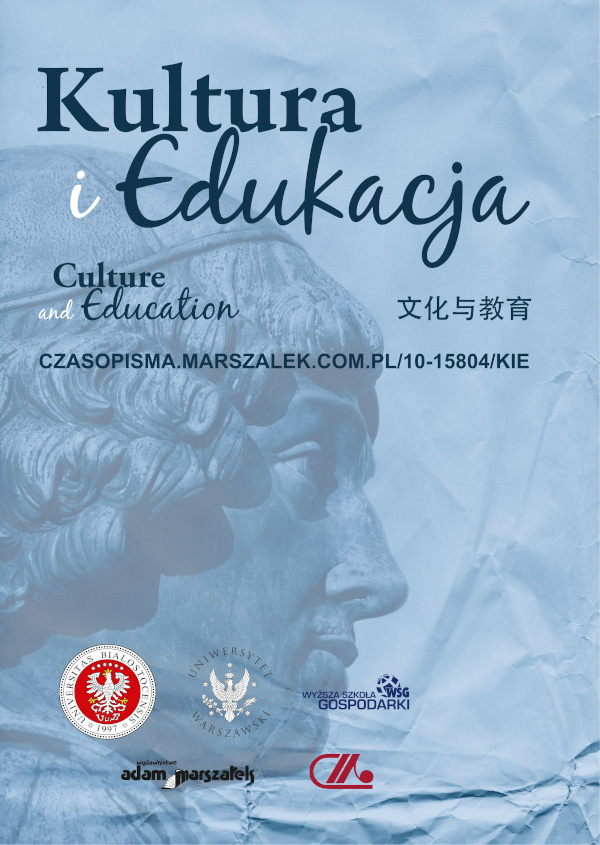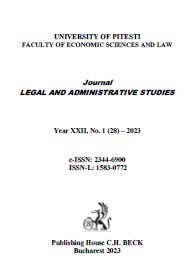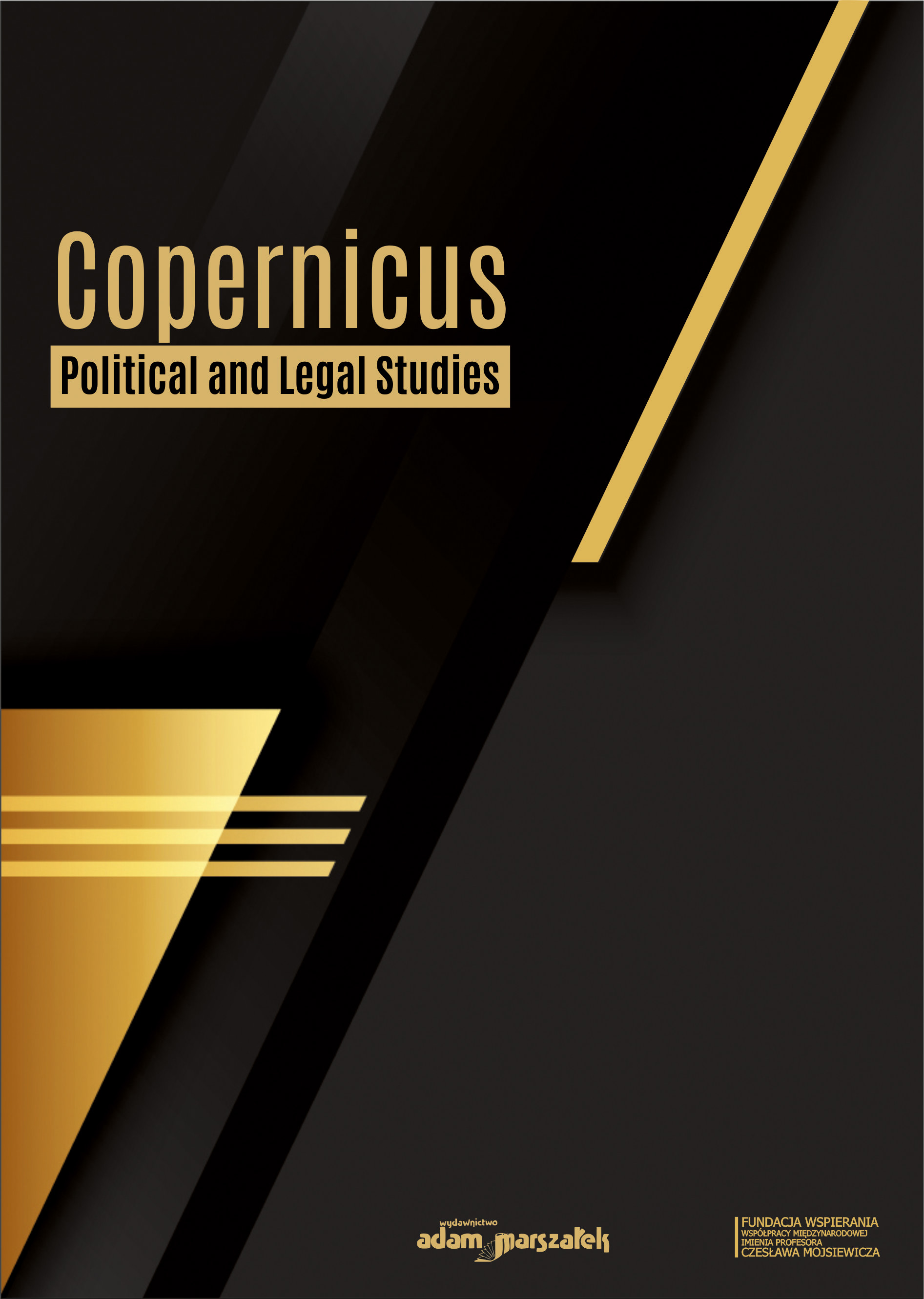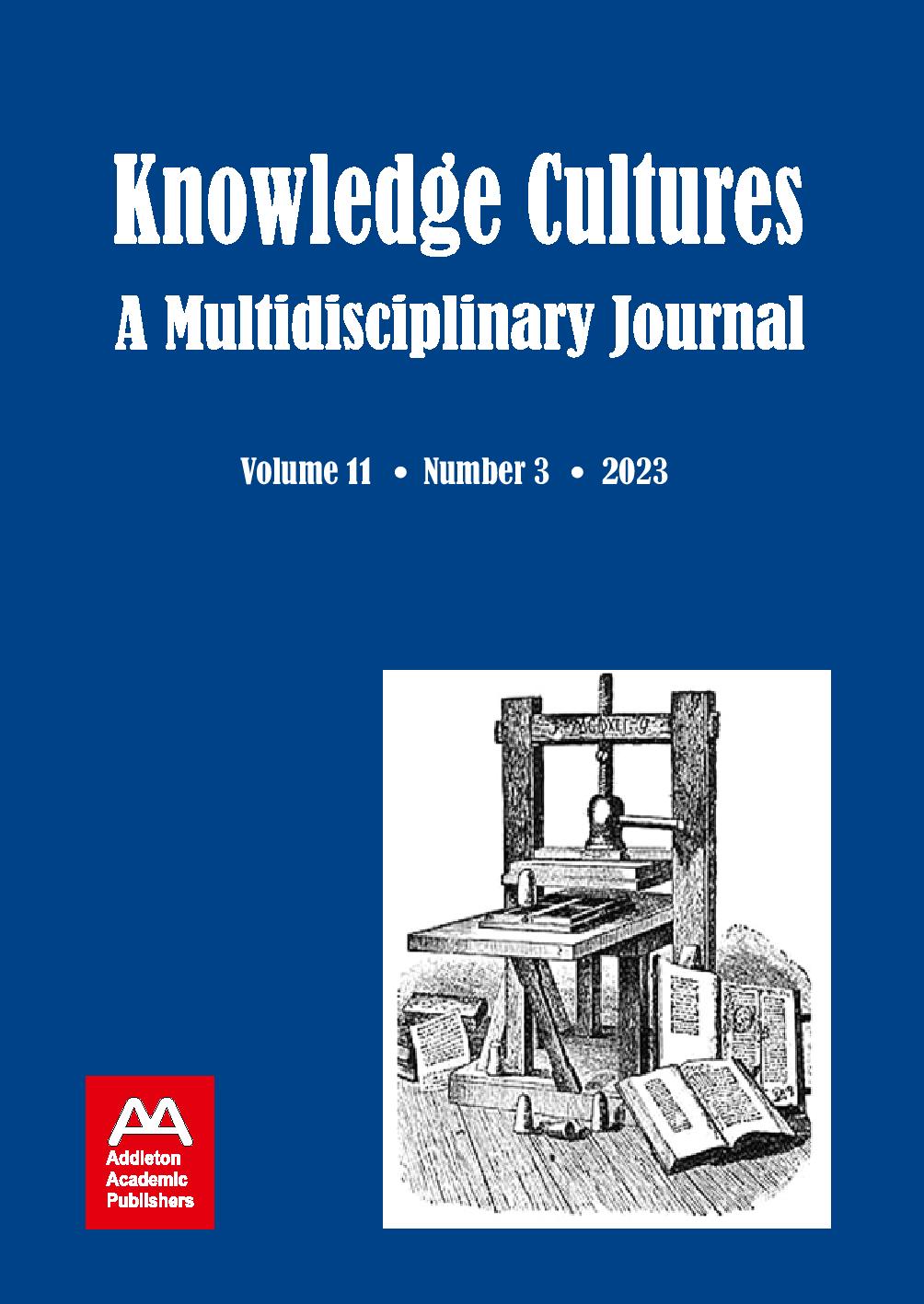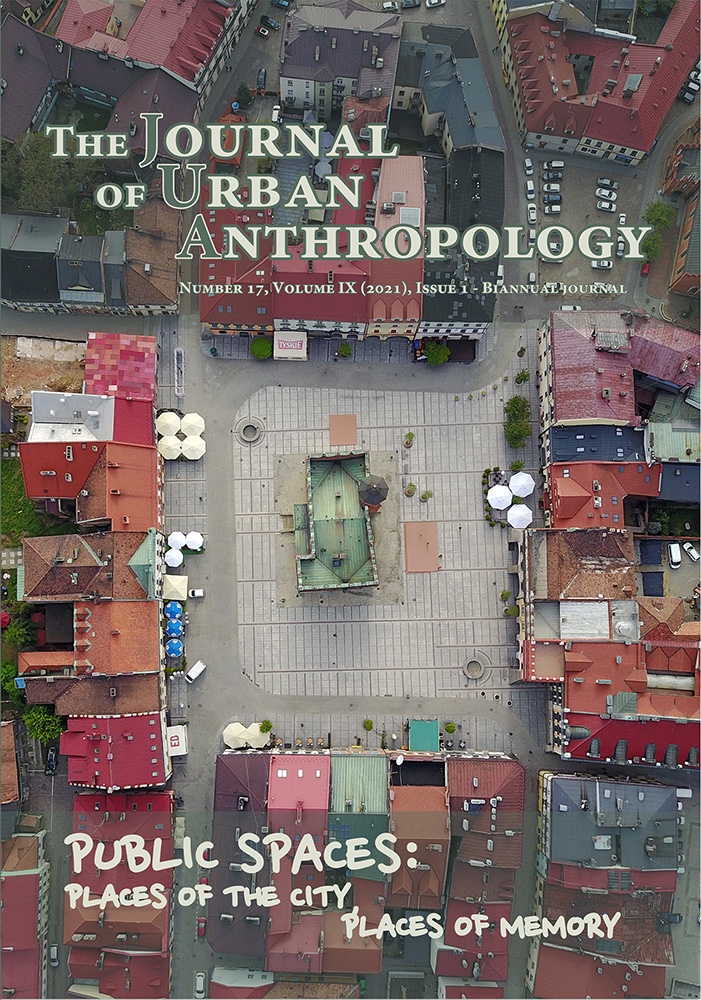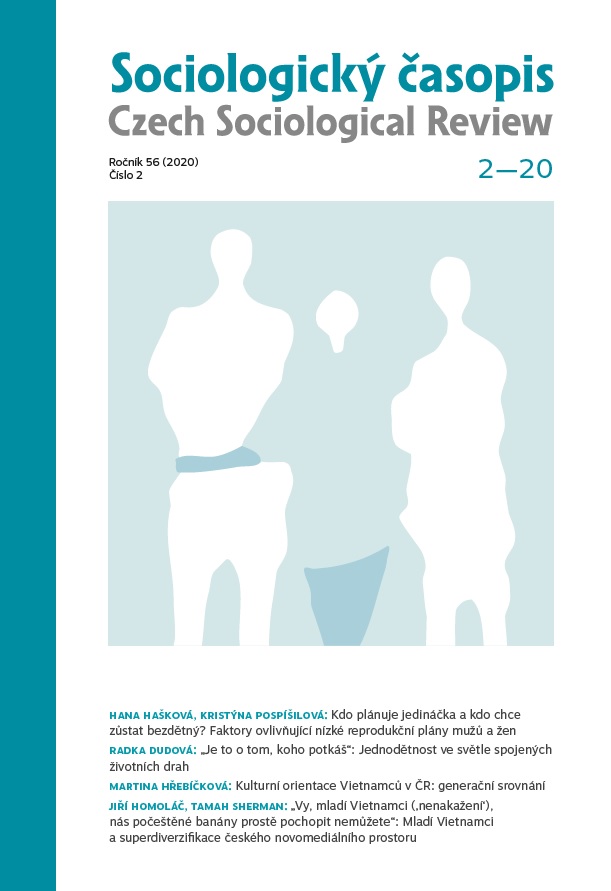
„Je to o tom, koho potkáš“: Jednodětnost ve světle spojených životních drah
Single-child families are a phenomenon that, alongside childlessness, is contributing to the trend of declining fertility, especially in the countries of central and eastern Europe, including the Czech Republic. This article presents the results of a qualitative study based on problem-centred interviews with parents of a single child who had originally planned to have more children aimed at exploring their understanding of the main factors that led to them having one child, when two-child families are still the preferred normative model in Czech society. The analysis presents the main lines of argumentation that the respondents used to try to explain and justify their reproductive choices. In their narratives, a single-child family is constructed as the consequence of certain events and transitions in different areas of life and the timing of these events in the linked life paths of the two partners. In a situation where intensive parenting is the normative ideal and where it is also difficult to combine work and a family, and in view of the normative hierarchy of different paths to parenthood that exists (where the preferred path is to have a biological child in a two-parent family), being the parent of single child is becoming an accepted form of parenthood.
More...
